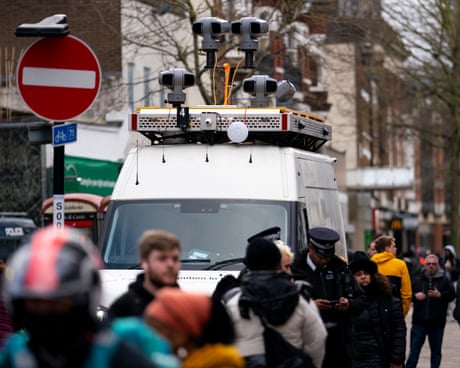Tech advances like remote screen control via FaceTime help families connect, while facial recognition's rapid police adoption sparks debate over privacy vs. safety.
Why World Pulse Now?
Global Coverage
All major sources, one page
Emotional Lens
Feel the mood behind headlines
Trending Topics
Know what’s trending, globally
Read Less, Know More
Get summaries. Save time
Live Stats
8,143
62
211
an hour ago
Mobile App
Get instant summaries, explore trending stories, and dive deeper into the headlines — all in one sleek, noise-free mobile experience.
Stay in the Loop
Get the latest news and insights delivered straight to your inbox
Why World Pulse Now?
Global Coverage
All major sources, one page
Emotional Lens
Feel the mood behind headlines
Trending Topics
Know what’s trending, globally
Read Less, Know More
Get summaries. Save time
Live Stats
8,143
62
211
an hour ago
Mobile App
Get instant summaries, explore trending stories, and dive deeper into the headlines — all in one sleek, noise-free mobile experience.
Stay in the Loop
Get the latest news and insights delivered straight to your inbox


